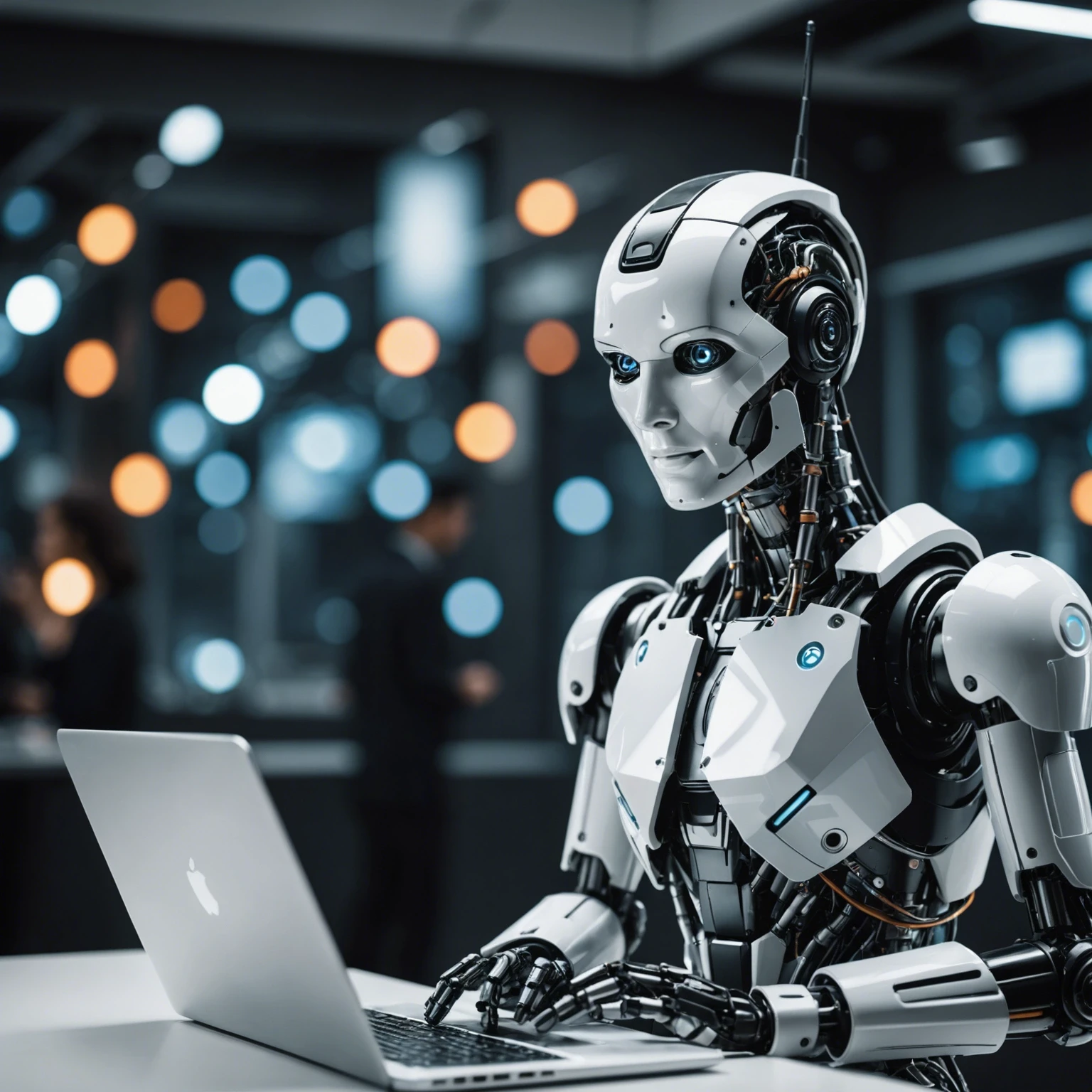Scaling Marketing Campaigns: The Role of Automation and AI
Jul 20, 2023

Introduction:
In today's fast-paced digital landscape, businesses are constantly looking for ways to streamline their marketing efforts and reach a wider audience. One of the most effective ways to achieve this is through the use of AI-generated ad creatives. With the help of artificial intelligence (AI), businesses can now create and deploy ad campaigns at a much faster and more efficient rate, resulting in scalable and impactful marketing efforts. In this blog post, we will explore the concept of AI-generated ad creatives and its role in modern marketing strategies.
Key Issues and Debates:
The use of AI-generated ad creatives has sparked several debates in the marketing world. One of the main concerns is whether AI can truly replace human creativity and intuition in the ad creation process. While AI algorithms can generate ad creatives, there is still a need for human input and oversight to ensure the ad aligns with the brand's message and values. Another issue is the potential for bias in AI-generated ads, as the algorithms are only as unbiased as the data they are trained on. This can lead to problematic or offensive ads that could harm a brand's reputation.
Furthermore, there are concerns about the impact of AI-generated ad creatives on job opportunities for human designers and copywriters. As AI becomes more advanced and capable of creating high-quality ads, there may be a decrease in demand for human creative professionals. This raises ethical questions about the potential displacement of human workers by AI.
Practical Implications and Recommendations:
Despite the debates surrounding AI-generated ad creatives, there is no denying the practical implications and benefits it offers for businesses. The use of AI can significantly reduce the time and resources required for ad creation, allowing businesses to launch campaigns at a faster pace. This is especially beneficial for small and medium-sized businesses with limited budgets and resources.
Moreover, AI-generated ad creatives have the potential to reach a wider and more diverse audience. By analyzing data on consumer behavior and preferences, AI can create personalized and targeted ads, resulting in higher engagement and conversion rates. This can also lead to cost savings for businesses, as they can avoid spending on ineffective ad campaigns.
To ensure the success of AI-generated ad campaigns, it is crucial for businesses to provide the algorithms with accurate and diverse data. This will help prevent bias and ensure the ads are relevant and appealing to a broad audience. Additionally, human oversight and input are essential to ensure the ad aligns with the brand's message and values.
Conclusion:
The use of AI-generated ad creatives has become a game-changer for businesses looking to scale their marketing efforts. While there are debates and concerns surrounding this topic, the practical implications and benefits cannot be ignored. It is essential for businesses to embrace AI technology and use it to their advantage, while also being mindful of the potential ethical implications. As AI continues to advance, it is crucial for marketers to stay updated and adapt to the changing landscape to remain competitive.
Further research and discussions are needed to address the ethical concerns and potential impact of AI-generated ad creatives on the job market. As AI technology continues to evolve, it is important to have ongoing conversations and debates to ensure its responsible and ethical use in the marketing industry. Ultimately, the use of AI-generated ad creatives can lead to more efficient and impactful marketing campaigns, benefiting both businesses and consumers.